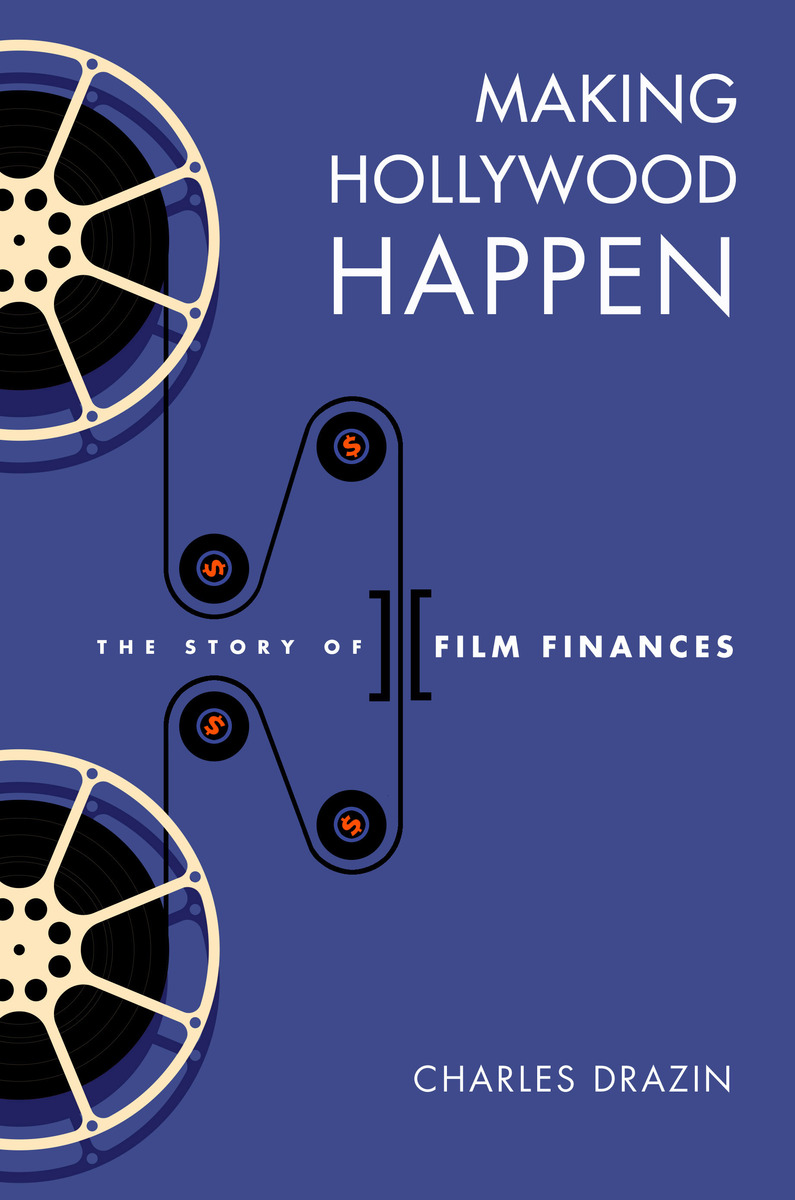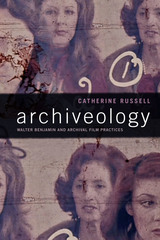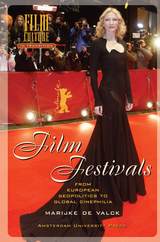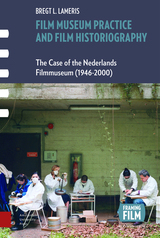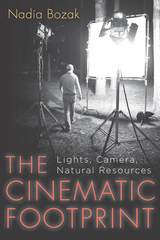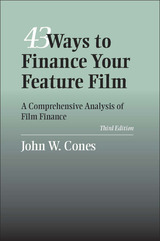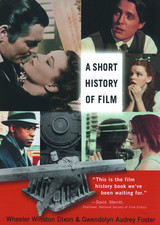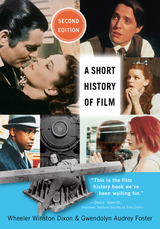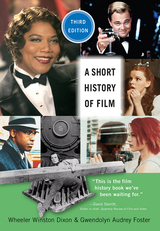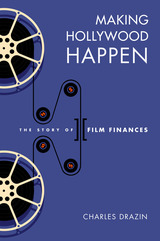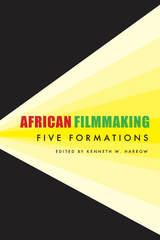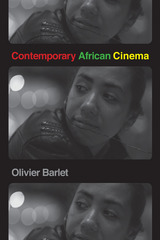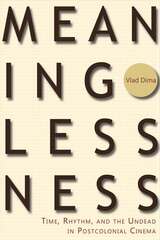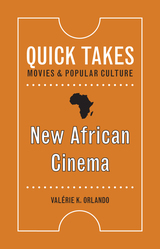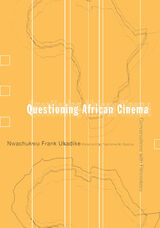Making Hollywood Happen: Seventy Years of Film Finances
University of Wisconsin Press, 2022
eISBN: 978-0-299-33708-7 | Cloth: 978-0-299-33700-1
Library of Congress Classification PN1993.5.A1D739 2022
Dewey Decimal Classification 791.4309
eISBN: 978-0-299-33708-7 | Cloth: 978-0-299-33700-1
Library of Congress Classification PN1993.5.A1D739 2022
Dewey Decimal Classification 791.4309
ABOUT THIS BOOK | AUTHOR BIOGRAPHY | REVIEWS | TOC
ABOUT THIS BOOK
Filmmaking is a business—someone has to pay the bills. For much of the industry’s history, that role was shouldered by the studios. The rise of independent filmmakers then led to the rise of independent financiers. But what happens if bad weather closes down a production or a director’s vision pays no heed to the limitations of time and money?
Enter Film Finances. The company was founded in London in 1950 to insure against the risk that a film would exceed its original budget or not be completed on time. Its pioneering development of the “completion guarantee”—the financial instrument that provides the essential security for investors to support independent filmmaking—ultimately led to the creation of many thousands of films, including some of the most celebrated ever made: Moulin Rouge (1953), Dr. No (1962), The Outsiders (1982), Pulp Fiction (1994), Slumdog Millionaire (2008), La La Land (2016), and more.
Film Finances’s role in filmmaking was little known outside the industry until 2012, when it opened its historical archive to scholars. Drawing on these previously private documents as well as interviews with its executives, Making Hollywood Happen tells the company’s story through seven decades of postwar cinema history and chronicles the growth of the international independent film industry. Focusing on a business that has operated at the meeting point between money and art for more than seventy years, this lavishly illustrated book goes to the heart of how the movie business works.
Enter Film Finances. The company was founded in London in 1950 to insure against the risk that a film would exceed its original budget or not be completed on time. Its pioneering development of the “completion guarantee”—the financial instrument that provides the essential security for investors to support independent filmmaking—ultimately led to the creation of many thousands of films, including some of the most celebrated ever made: Moulin Rouge (1953), Dr. No (1962), The Outsiders (1982), Pulp Fiction (1994), Slumdog Millionaire (2008), La La Land (2016), and more.
Film Finances’s role in filmmaking was little known outside the industry until 2012, when it opened its historical archive to scholars. Drawing on these previously private documents as well as interviews with its executives, Making Hollywood Happen tells the company’s story through seven decades of postwar cinema history and chronicles the growth of the international independent film industry. Focusing on a business that has operated at the meeting point between money and art for more than seventy years, this lavishly illustrated book goes to the heart of how the movie business works.
See other books on: Direction & Production | Entertainment | Finance | Independent films | Motion picture industry
See other titles from University of Wisconsin Press
